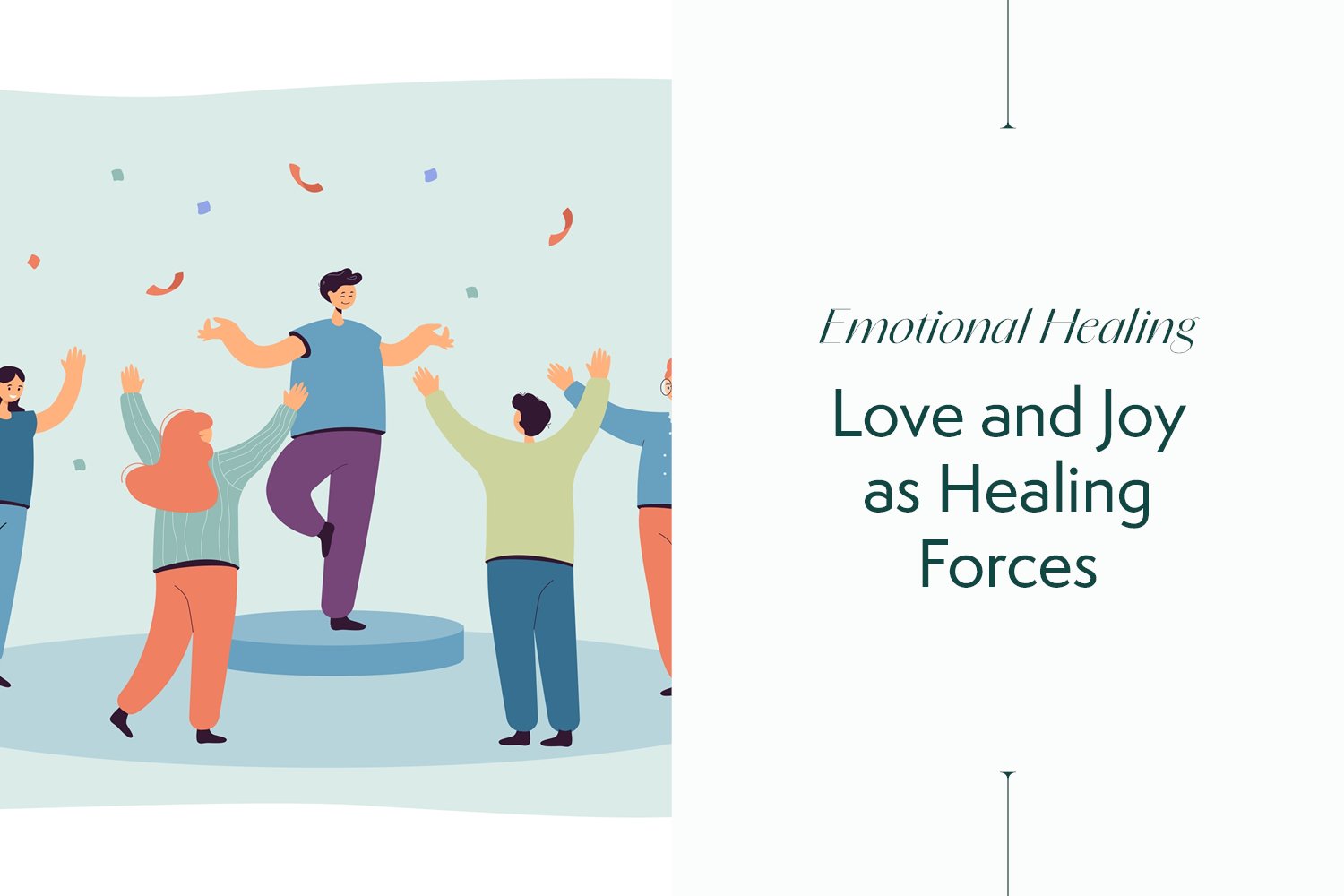
Positive emotions influence both physical and emotional well-being. Creating space for these experiences can support a calmer, more settled relationship with your body.
Emotions like love and joy aren’t just pleasant; they can have a noticeable impact on your body’s stress response. These feelings may help to:
These effects highlight the deep connection between emotional and physical health.
Feeling safe, valued, or supported triggers the release of oxytocin, a hormone linked to trust and connection. This response may contribute to:
This is one reason strong social bonds and supportive relationships play an important role in well-being.
Living with ongoing discomfort or health concerns can create feelings of uncertainty or anxiety. While this is natural, staying in a constant state of worry can also increase both physical and emotional stress.
Shifting focus can help, and some ways to do this include:
This approach doesn’t dismiss difficulty but encourages a steadier way to respond.
Making space for enjoyable moments, even small ones, can support emotional balance and ease physical tension. Consider exploring:
These habits don’t need to be structured or formal. They can fit into your daily rhythm and adjust to how you’re feeling.